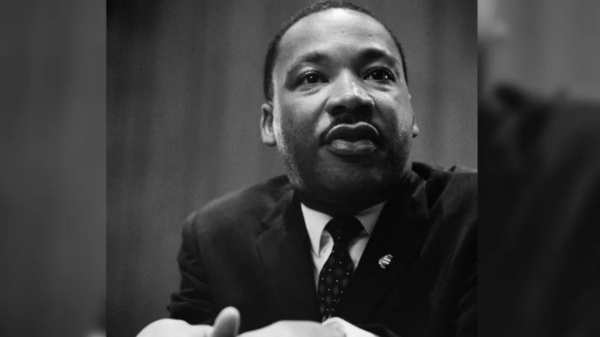The Haitian Times
By Sam Bojarski

NEW YORK – Frederick Douglass, the abolitionist and former U.S. ambassador to Haiti, commended the Caribbean country’s revolutionaries while speaking at the 1893 World Fair in Chicago. He praised the heroes who “struck for the freedom of every Black man in the world.”
Other speeches and papers written by Douglass make up a portion of the source material included in a research guide on Haiti, published by the Library of Congress. The research guide is entitled “Freedom in the Black Diaspora: A Resource Guide on Haiti Reimagined.” It offers a comprehensive starting point for locating resources on Haitian history and the Haitian Creole language from the Library’s existing archives.
“Without the successful Haitian Revolution, Napoleon Bonaparte wouldn’t sell Louisiana [to the U.S.] for a piece of money,” said Jean Eddy-Saint Paul, a sociology professor at Brooklyn College, in a video about the Haiti research guide. “Every American citizen should know that without the Louisiana Purchase there wouldn’t be the U.S. empire.”
Source material highlighted in the guide includes newspaper coverage of the 1915-1934 U.S. occupation of Haiti and writings by Zora Neale Hurston, a playwright who traveled to Haiti.
Dating even further back, the guide identifies correspondences related to Toussaint Louverture’s efforts to establish Haiti as a French protectorate in the 1790s. Contained in the Celestine Bencomo Haitian Collection are letters, photographs and decrees from prominent Haitian politicians before the 1915 occupation.
The Research Guide also recommends resources for learning about the Haitian Creole language, including the Afro-Latinx Bibliography and the Caribbean Studies guide.









You must be logged in to post a comment Login